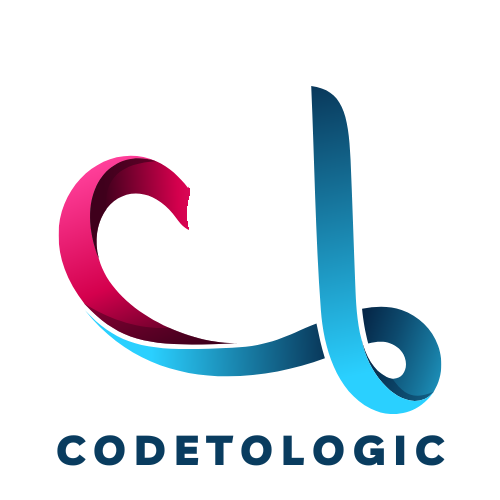27 Jul
In a world where technology is continually evolving, it’s obvious that artificial intelligence (AI) is playing a very significant role in content creation and optimisation. SEO, or Search Engine Optimisation, is a fundamental aspect of digital content strategy. When AI and SEO come together, it can be a powerful combination for improving our website’s visibility and ranking in search engine results. In this article, we’ll try to keep things as simple as possible.

Understanding the Basics
AI is the technology that enables computers to perform tasks that typically require human intelligence, such as understanding natural language or recognising patterns. When it comes to content, AI can assist in various ways, from generating ideas and writing articles to optimising content for search engines.

Content Quality and Relevance
The core of SEO remains the same: creating high-quality, relevant content that appeals to our target audience. AI can help by analysing data and identifying topics and keywords that are relevant to your audience. However, it’s important not to rely solely on AI-generated content. We, humans possess the ability to inject creativity, nuance, and a personal touch into your articles.

Keyword Research
One of the essential aspects of SEO is keyword research. AI tools can assist in this process by identifying popular and relevant keywords that users are searching for. However, it’s essential to remember that keywords alone are not enough. AI can provide a starting point, but human judgment is needed to select the most suitable keywords for your content.

Content Generation
AI-powered content generation tools can produce articles, product descriptions, and more, saving time and effort. While AI-generated content can be a valuable resource, it’s vital to review and edit the content carefully. AI may lack the ability to understand context fully, so human oversight is necessary to ensure accuracy and coherence.

Natural Language Processing
Natural Language Processing (NLP) is a subset of AI that focuses on understanding and interpreting human language. NLP can be used to improve user experience by ensuring that content is written in a way that is easy to understand and engages the reader. This can indirectly boost SEO, as search engines prioritise user-friendly content.
Content Optimization
AI tools can analyse our content and provide recommendations for optimisation. This can include suggestions for improving readability, adding relevant keywords, and structuring your content for better search engine visibility. These AI-generated recommendations can be incredibly valuable for fine-tuning your content.
User Experience
AI-powered chatbots and virtual assistants can enhance the user experience on our website. When users have a positive experience, they are more likely to stay on our site longer, engage with our content, and convert into customers. This can lead to lower bounce rates and improved search engine rankings.

Content Personalisation
AI can analyse user behaviour and preferences to personalise content recommendations. When users see content that are tailor-made for them, they are more likely to engage with it. This can increase the time users spend on your site and improve your chances of ranking higher in search results.

Voice Search Optimization
With the rise of voice-activated devices like Siri and Alexa, optimising for voice search is becoming increasingly important. AI can help us by analysing voice search queries and can provide valuable insights into the types of questions and phrases users are using to search/command. This information can help us in creating our content strategy aligning to the voice search trends.
Analytics and Reporting
AI-powered analytics tools can provide in-depth insights into our website’s performance. These tools can help us track our SEO efforts, monitor keyword rankings, and identify areas for improvement. By regularly reviewing these analytics, we can refine our SEO strategy and stay ahead of the competition.

Ethical Considerations
As we embrace AI in content creation and SEO, it’s essential to consider ethical concerns. AI should complement human effort, not replace it entirely. It’s crucial to maintain transparency with our audience about the use of AI in our content, and to ensure that AI-generated content aligns with our brand’s values and standards.
Thus, AI can be a valuable asset in your SEO strategy when used wisely and in conjunction with human creativity and judgment. It can help with keyword research, content generation, optimisation, and user experience enhancement. However, it’s important to remember that AI is a tool, not a replacement for human expertise. By combining the power of AI with human oversight, we can create compelling, SEO-friendly content that not only improves your search engine rankings but also provide valuable insights to our blog readers.
